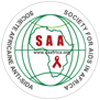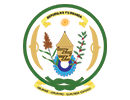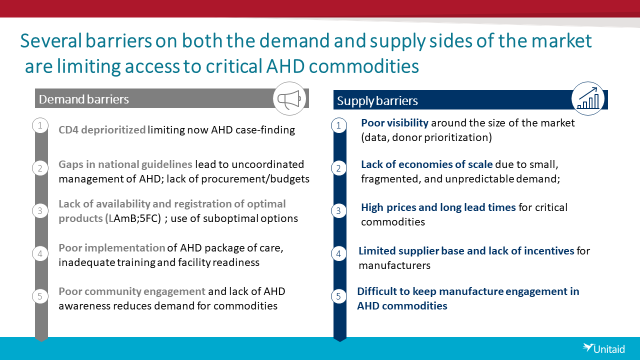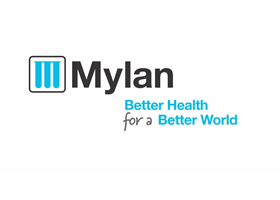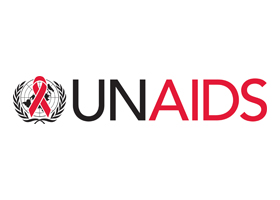Time: 07:00 - 08:30
Room: MH1
Reporter: UMUBYEYI Benie Raissa and Mahoro Gisele
The session was organized by ICAP/Empowering Health. Speakers at the session were Wafaa EL-Sadr (ICAP, Columbia University), Peter Preko (ICAP at Columbia), and Camen Perez Casas (UNITAID/CHAI AHD Initiative). Professor James Hakim (University of Zimbabwe College of Health Sciences) moderated the panel discussion.
Peter Precko kicked off the session by defining what differentiated service. He explained it as a client centered approach that simplifies and adapt HIV services across the cascade to reflect the preferences and expectations of various group living with HIV while reducing burdens on the health system. The outcome of differentiated HIV service delivery can improve outcomes by changing the package of care and the way care is delivered. He described the HIV Coverage, Quality, and Impact Network (CQUIN), a south-to-south learning network designed to foster the scale up of differentiated service delivery as a means to HIV epidemic control. The priority activities of the Network include facilitating country-to-country knowledge exchange, providing demand-driven technical assistance and supporting catalytic projects and knowledge generation.
Carmen Perez Casas, a Senior Technology Manager with UNITAID, highlighted that advanced HIV disease remains a persistent global challenge for both newly initiating and ART-experienced people. 1 in 3 people living with HIV present to care with advanced HIV disease. Also, 10% of these people will die within 3 months of presentation. In addition, 50% of deaths among PLHIV is due to tuberculosis and cryprotococcal meningitis. The CHAI program hosted by UNITAID is focused on expanding optimization of ARVs to accelerate access to affordable, optimal products for preventing, testing and treating key opportunistic infection. Its priority actions are to increase affordability of local pharmaceutical products, improve the supply and delivery through registration of products in country and improved budgeting and procurement planning, and create enabling environment for product demand and uptake including supporting countries to updates national guidelines. Their program supports countries to scale-up their advance HIV disease packages of care through training and tools that facilitate service uptake.


